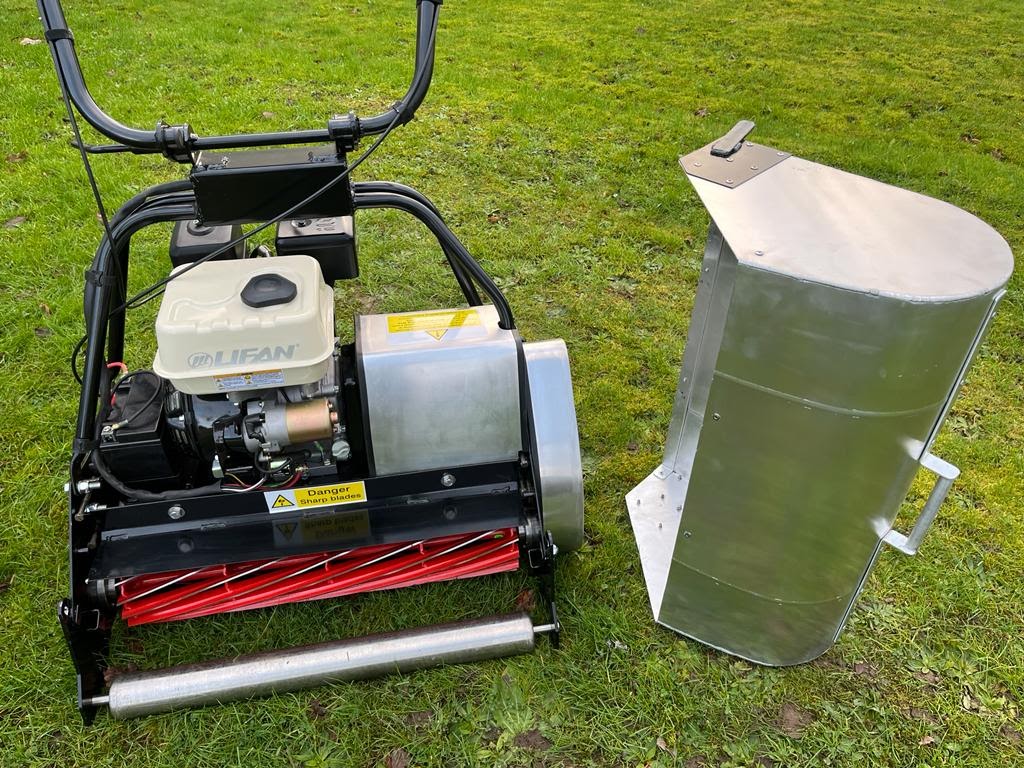The Vital Role of Bacteria
Bacteria play an important role in breaking down thatch, organic matter, and cellulose in the root zone. Thatch is a layer of dead plant material that accumulates on the surface of the soil. Bacteria and other soil microorganisms, break down thatch by decomposing the organic matter. They also break down cellulose, a complex carbohydrate that is a major component of plant cell walls, by releasing cellulose-degrading enzymes.
These bacteria also help in breaking down organic matter in the root zone by releasing enzymes that decompose organic matter into simpler compounds. These simpler compounds then can be used by plants as nutrients. Overall, the presence of these bacteria in the root zone helps to improve soil fertility and promote healthy plant growth.
Bacteria become more active in warmer, wetter conditions because these conditions provide the optimal environment for their growth and metabolism. Warmer temperatures increase the rate of chemical reactions within the bacteria, making them more efficient at breaking down organic matter and converting nitrogen fertilizers into usable forms for plants.
Additionally, wetter conditions provide the bacteria with the moisture they need to survive and thrive. Moisture is essential for the bacterial growth and metabolic activity, without it, the activity of the bacteria would be slowed down or even stopped.
As the bacteria become more active, they produce more of the enzymes and other compounds needed to break down organic matter, thatch, and cellulose. They also produce more of the compounds needed to convert nitrogen fertilizers into forms that plants can use. As plants demand more nutrients, the bacteria respond by increasing their activity and producing more of the needed nutrients.
Therefore, in warmer and wetter conditions, the bacteria are able to grow and reproduce more quickly, producing more enzymes and other compounds that are needed for the decomposition of organic matter and conversion of nitrogen fertilizers into usable forms for plants. This in turn helps to improve soil fertility and promote healthy plant growth.
The Biogran product in my programmes contains the following Bacillus Species:
Bacillus subtilis
Bacillus amyloliquefaciens
Bacillus licheniformis
Bacillus amyloliquefaciens
Bacillus brevis
Bacillus circulans
Bacillus coagulans
Bacillus firmus
Bacillus halodenitrificans
Bacillus laterosporus
Bacillus licheniformis
Bacillus megaterium
Bacillus mycoides
Bacillus pasteurii
Bacillus polymyxa
Bacillus subtilis
Bacteria play an important role in breaking down thatch, organic matter, and cellulose in the root zone. Thatch is a layer of dead plant material that accumulates on the surface of the soil. Bacteria and other soil microorganisms, break down thatch by decomposing the organic matter. They also break down cellulose, a complex carbohydrate that is a major component of plant cell walls, by releasing cellulose-degrading enzymes.
These bacteria also help in breaking down organic matter in the root zone by releasing enzymes that decompose organic matter into simpler compounds. These simpler compounds then can be used by plants as nutrients. Overall, the presence of these bacteria in the root zone helps to improve soil fertility and promote healthy plant growth.
Bacteria become more active in warmer, wetter conditions because these conditions provide the optimal environment for their growth and metabolism. Warmer temperatures increase the rate of chemical reactions within the bacteria, making them more efficient at breaking down organic matter and converting nitrogen fertilizers into usable forms for plants.
Additionally, wetter conditions provide the bacteria with the moisture they need to survive and thrive. Moisture is essential for the bacterial growth and metabolic activity, without it, the activity of the bacteria would be slowed down or even stopped.
As the bacteria become more active, they produce more of the enzymes and other compounds needed to break down organic matter, thatch, and cellulose. They also produce more of the compounds needed to convert nitrogen fertilizers into forms that plants can use. As plants demand more nutrients, the bacteria respond by increasing their activity and producing more of the needed nutrients.
Therefore, in warmer and wetter conditions, the bacteria are able to grow and reproduce more quickly, producing more enzymes and other compounds that are needed for the decomposition of organic matter and conversion of nitrogen fertilizers into usable forms for plants. This in turn helps to improve soil fertility and promote healthy plant growth.
The Biogran product in my programmes contains the following Bacillus Species:
Bacillus subtilis
Bacillus amyloliquefaciens
Bacillus licheniformis
Bacillus amyloliquefaciens
Bacillus brevis
Bacillus circulans
Bacillus coagulans
Bacillus firmus
Bacillus halodenitrificans
Bacillus laterosporus
Bacillus licheniformis
Bacillus megaterium
Bacillus mycoides
Bacillus pasteurii
Bacillus polymyxa
Bacillus subtilis

